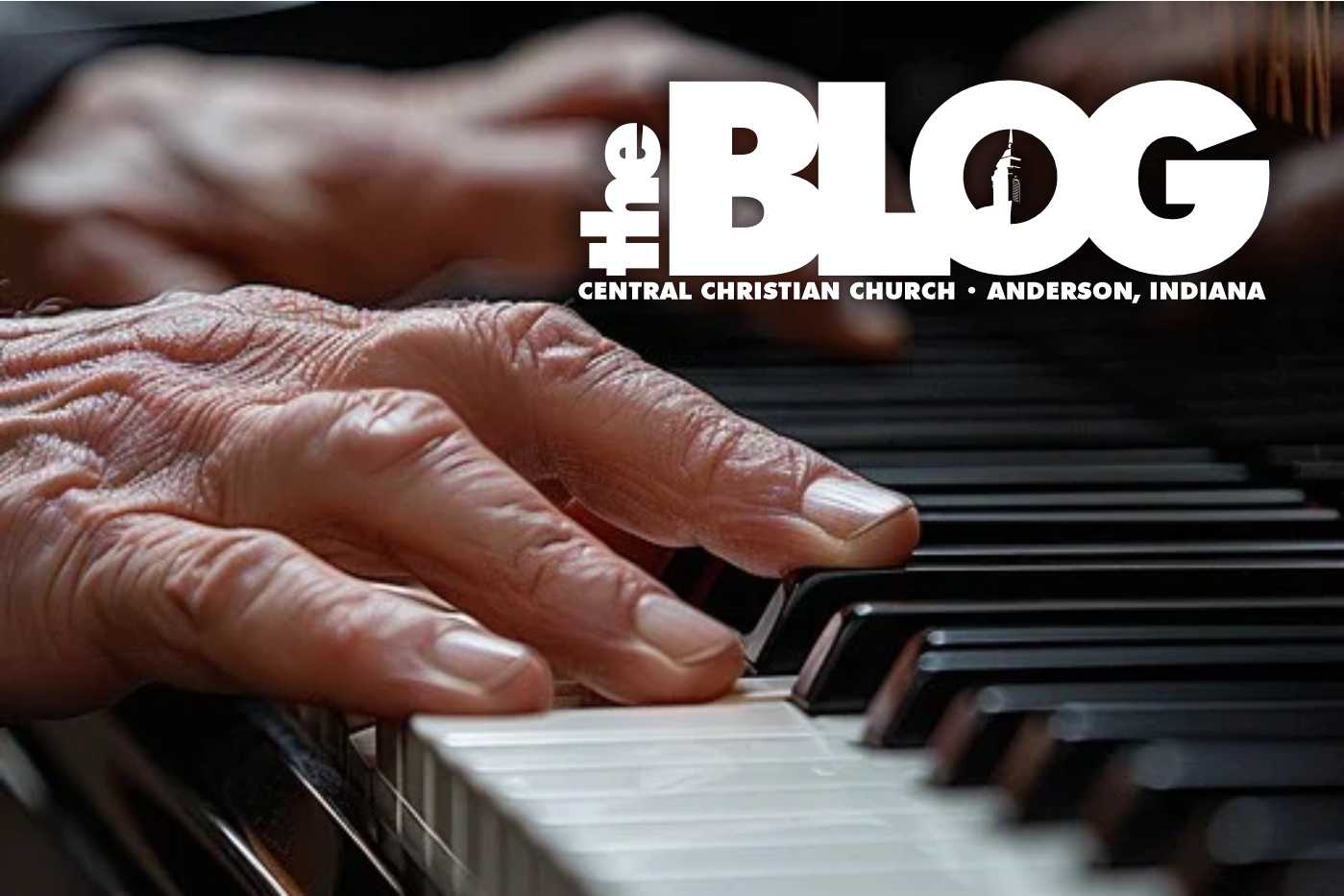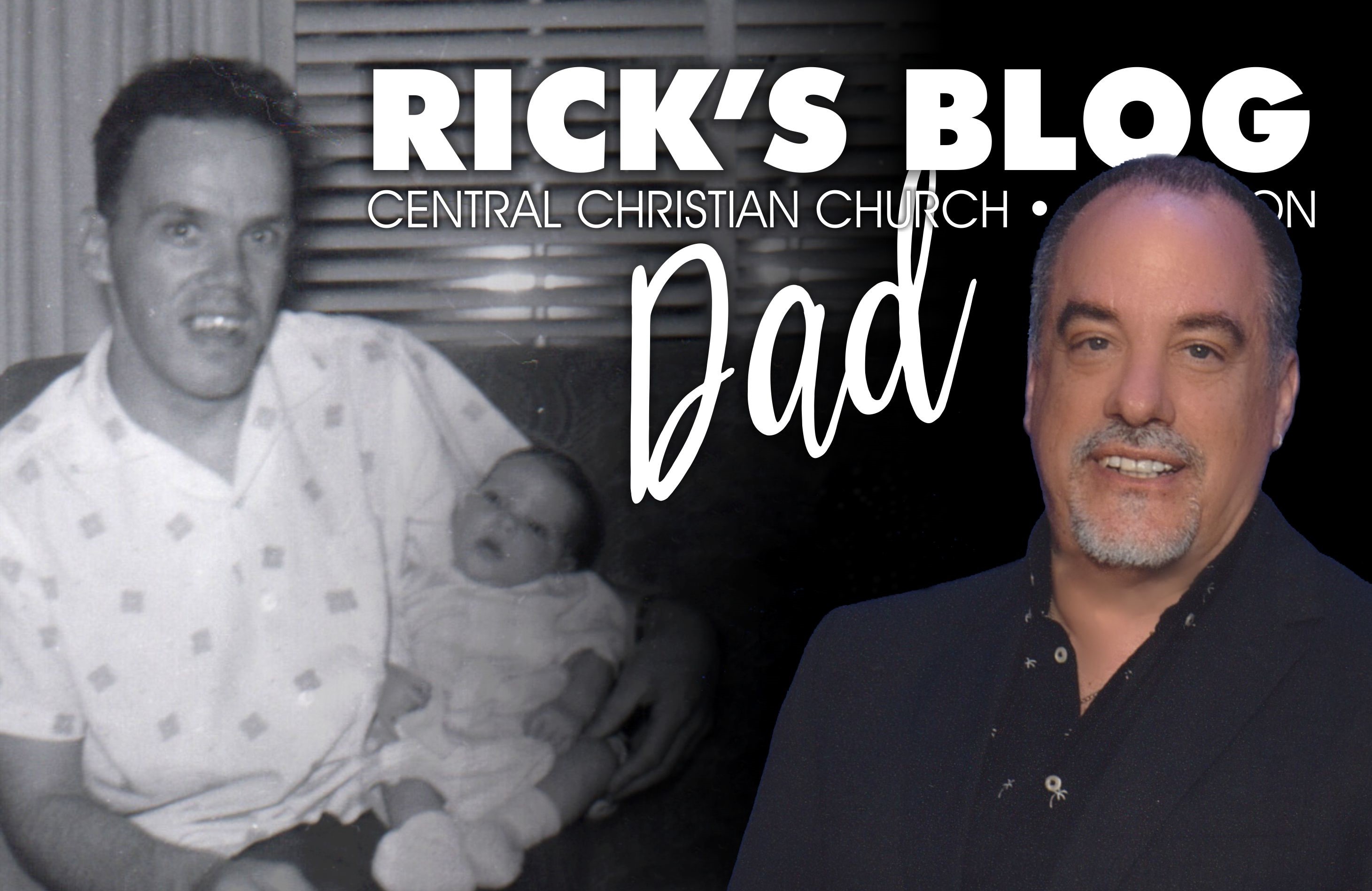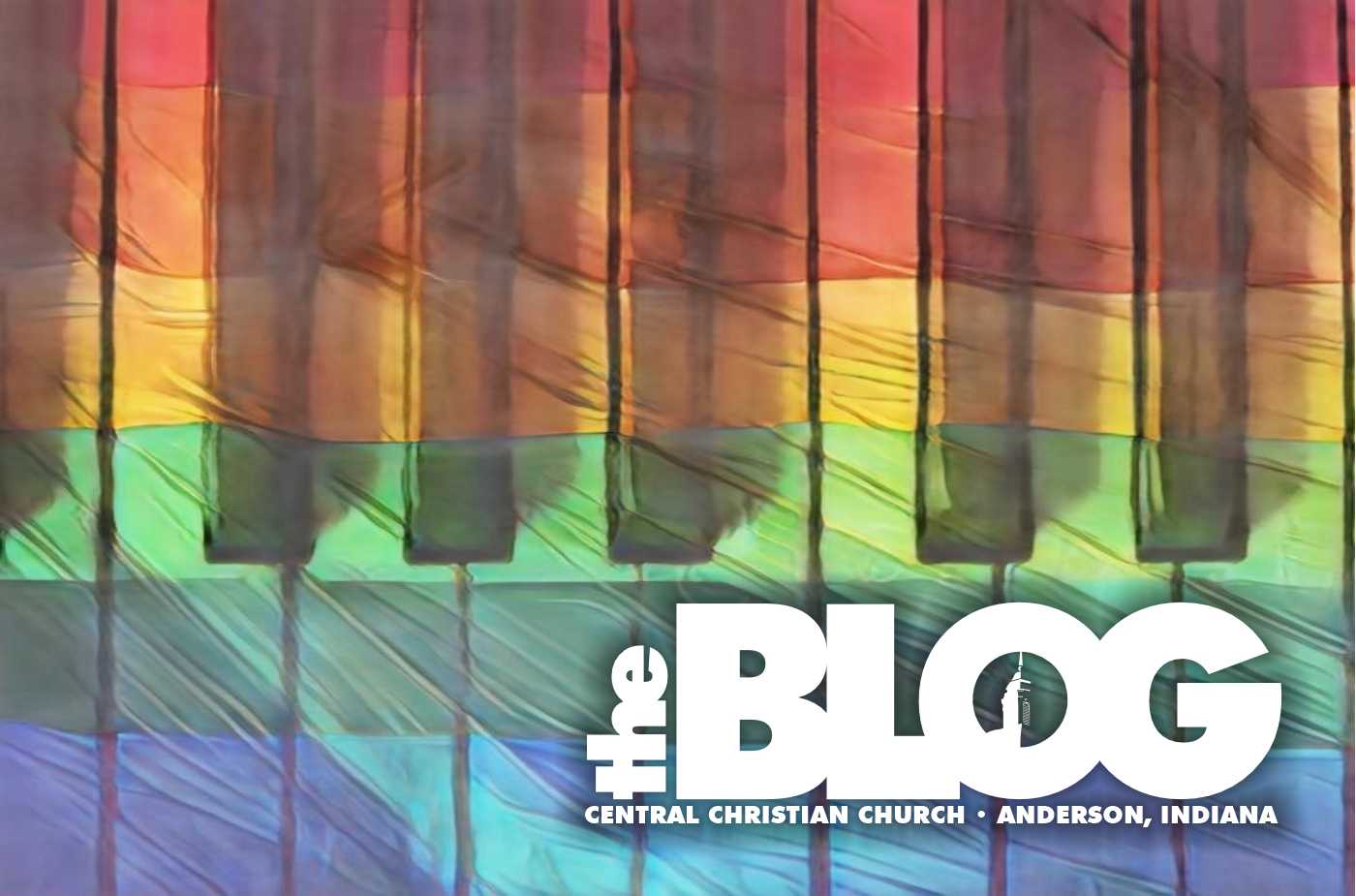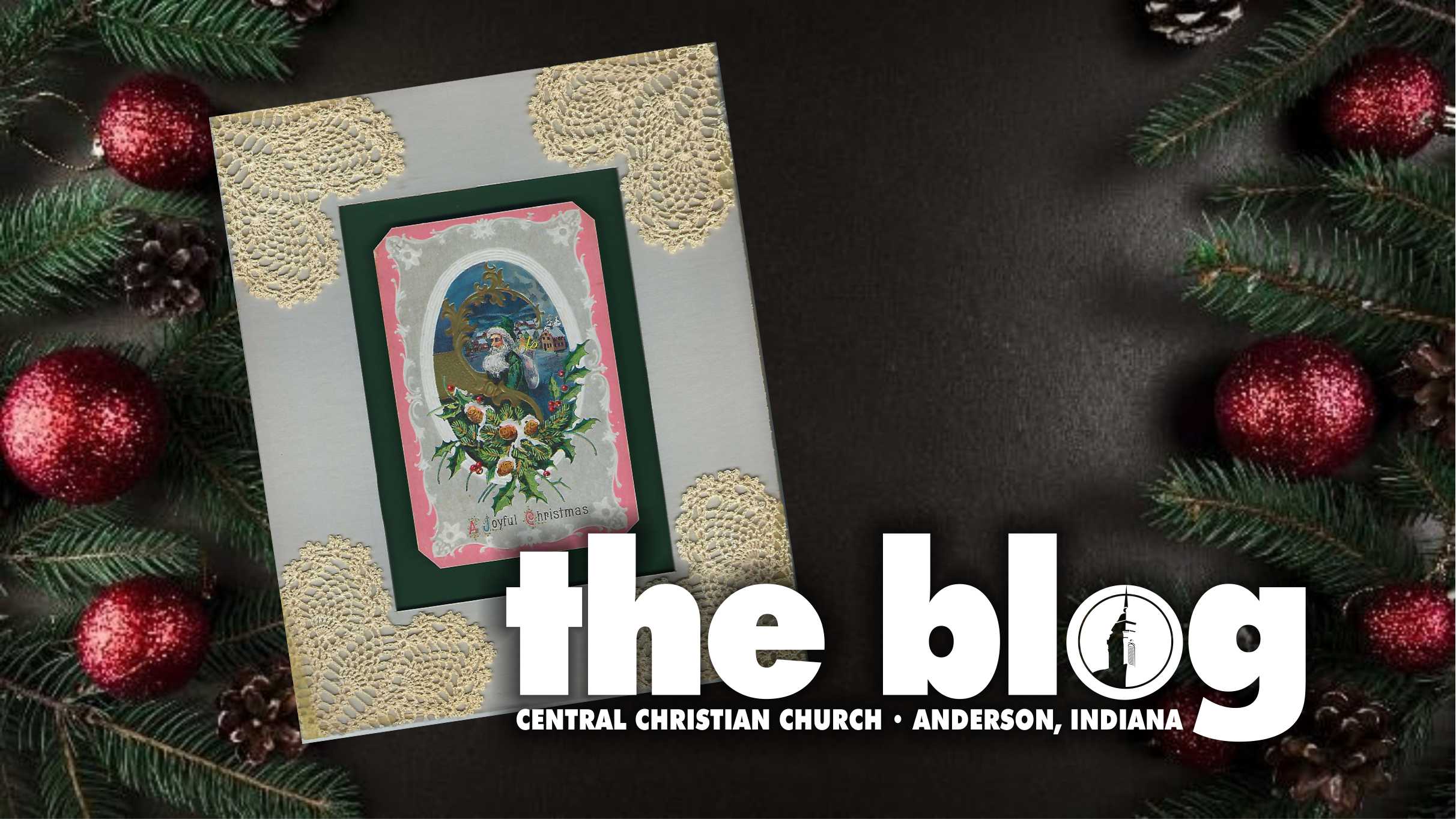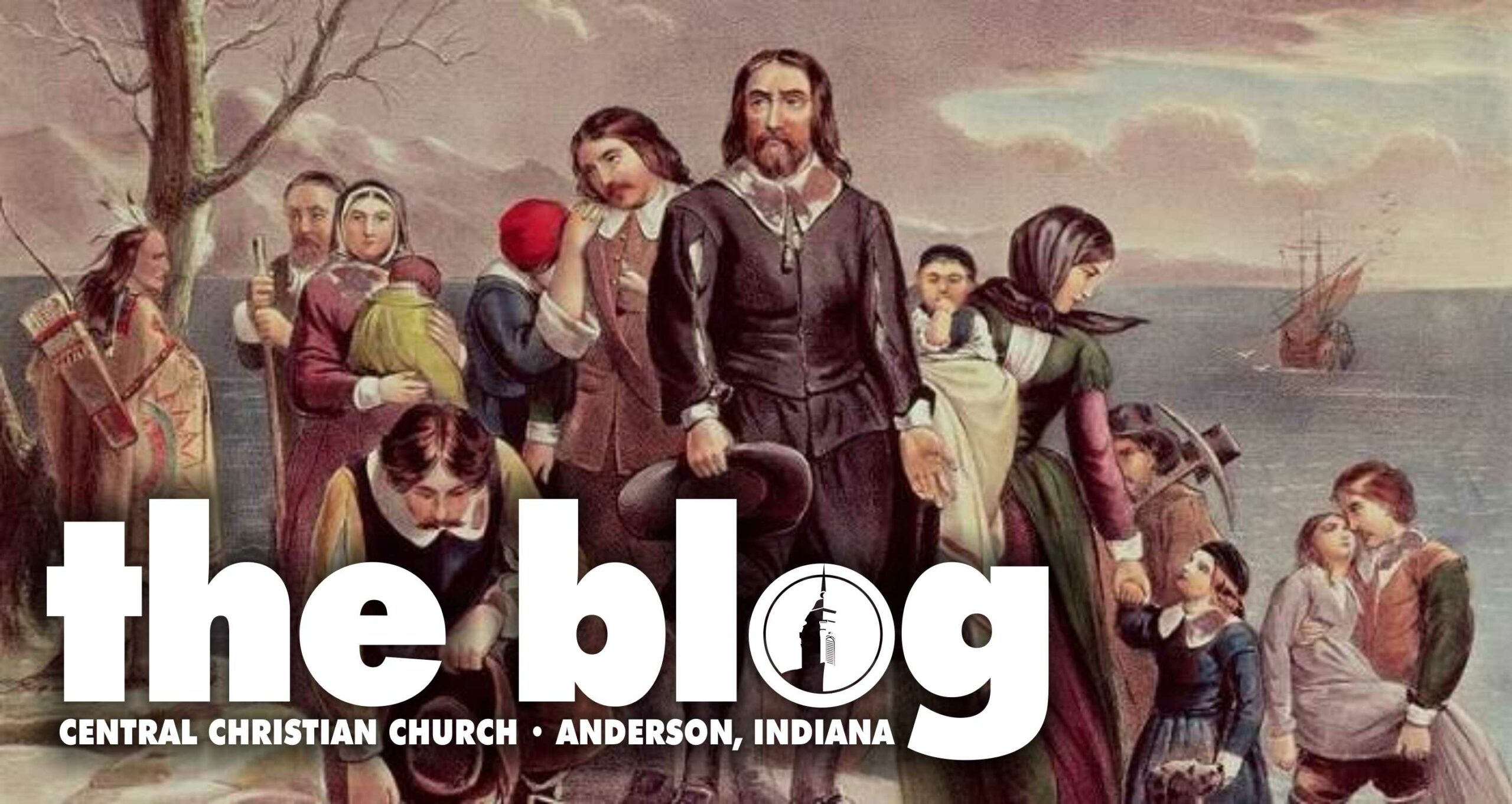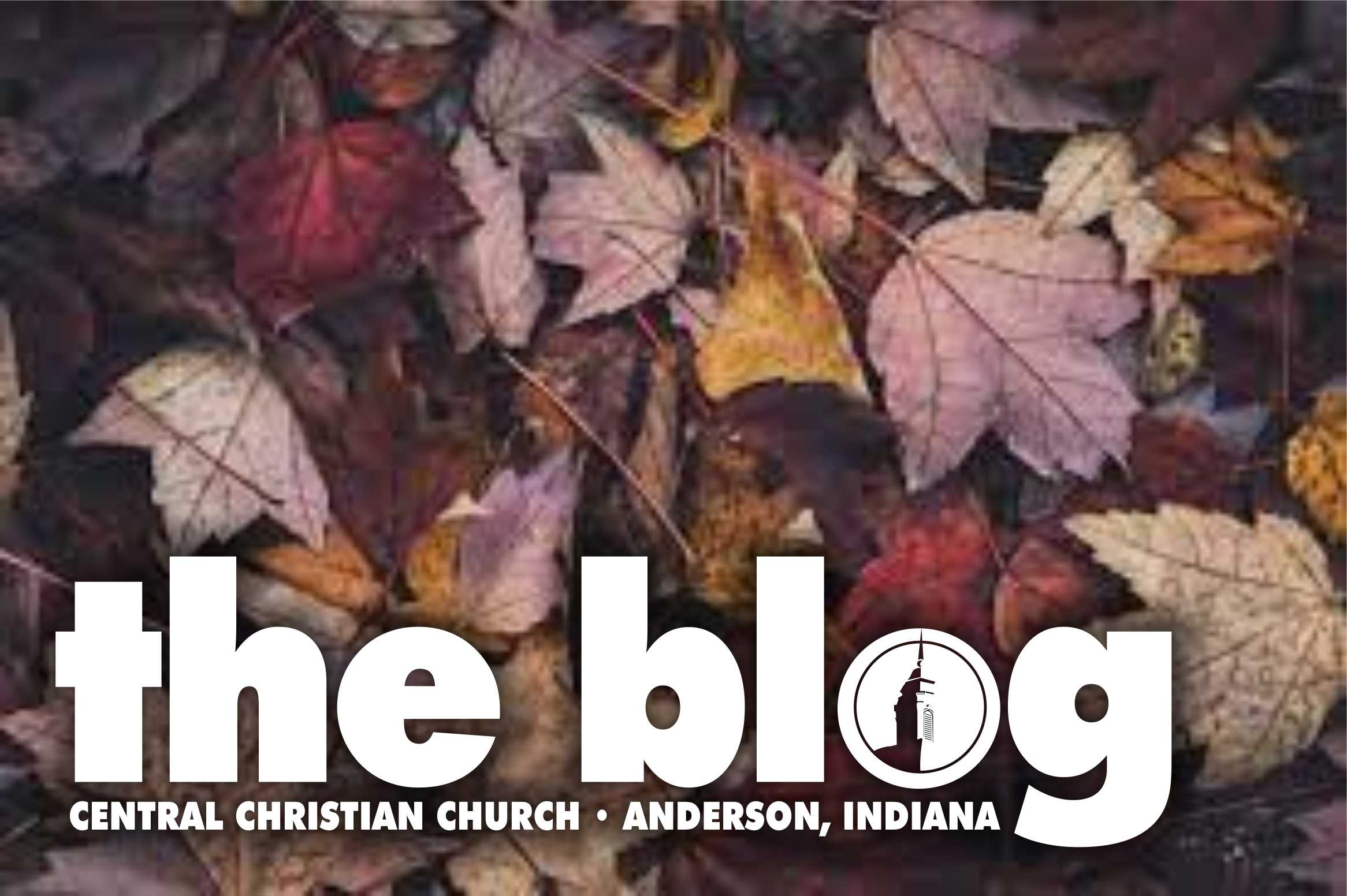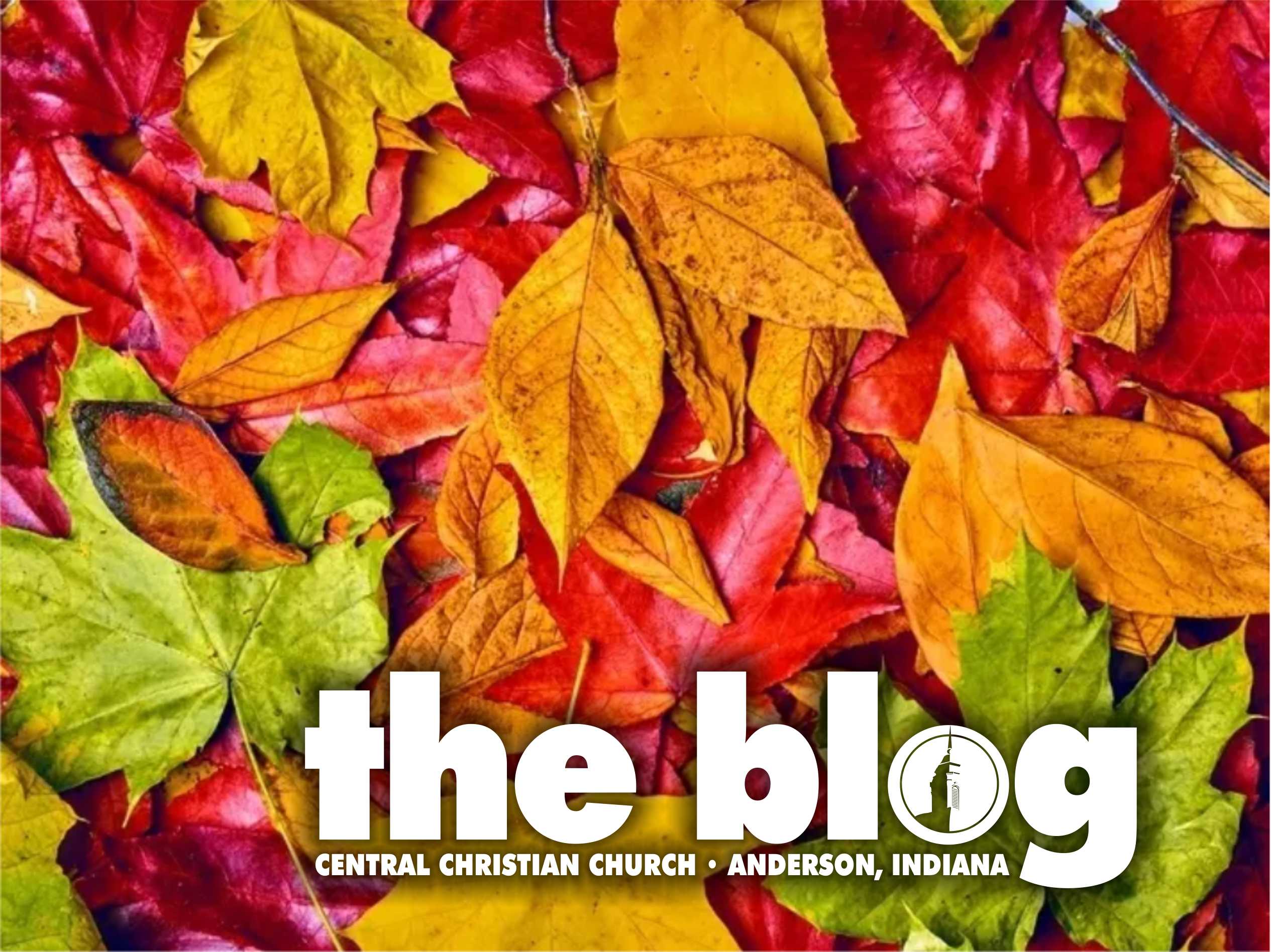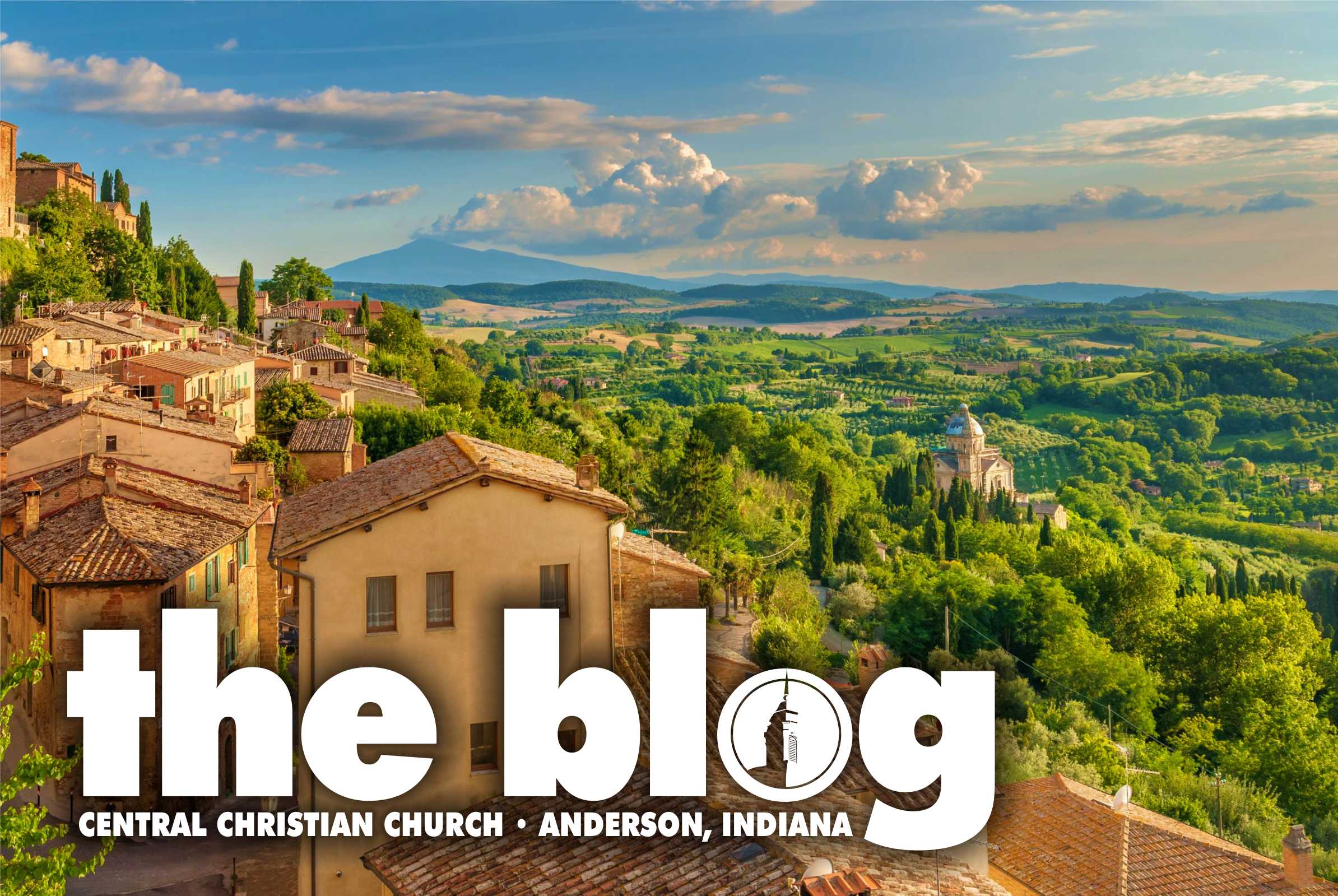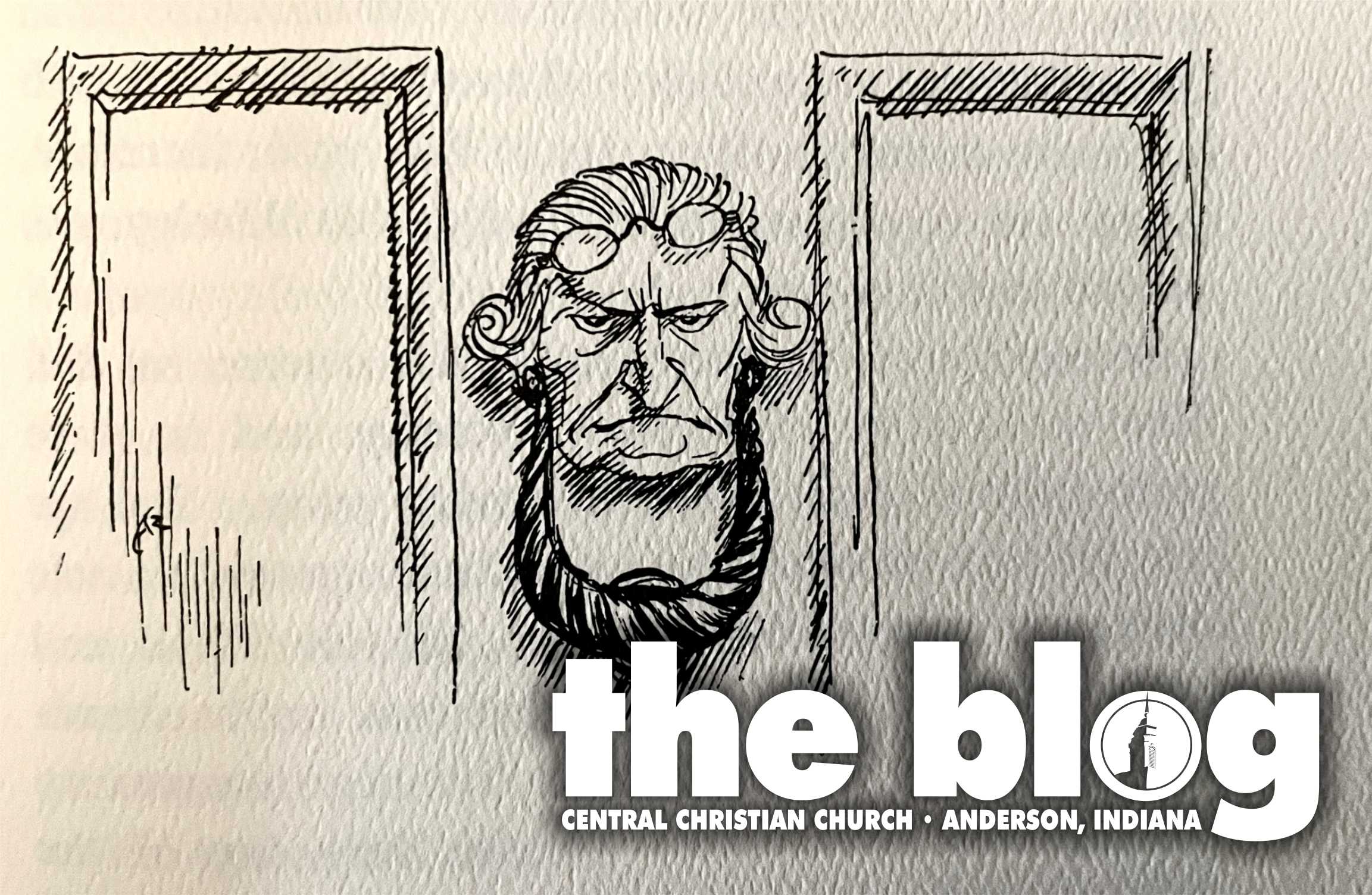
BAH! HUMBUG!
Written By:Rick Vale
I am, as I do every Christmas season, reading my favorite Christmas book, Charles Dickens’ “A CHRISTMAS CAROL”. Through the years I’ve had several copies of this story, one is in a collection of Dickens’ classics, one is in a collection of other Christmas stories, one is on my IPad (backlit with big letters…yeah!), and one (the one I’m reading THIS year) is a beautiful limited-edition leatherbound volume with the 1915 illustrations from English illustrator Arthur Rackham.
No matter what the setting or context, this story continues to amaze and inspire me. And next December (2023) THE ALLEY THEATRE will present the production of my script and music once more!
Now, unfortunately, I’m feeling a bit more like Scrooge this season, than I am Cratchit. The grinding busy-ness of the season, being kind in the face of a few downright mean, or foolish, people, the aging of my body (which does NOT enjoy the cold), and now an impending storm threatening our beautiful weekend of CHRISTMAS EVE and CHRISTMAS DAY at Central…bah! Humbug! And yet, no matter what kind of season I’m having, Dickens uses his words to reach into my heart and soul to communicates the best of all messages to the “child still hiding inside” this old shell of mine.
The great question of the story for me is how can Scrooge, with all the resources his world can offer, completely miss the “JOY” – while Tim Cratchit, sick, poor and facing a certain and early death, seems to not only understand, but “embodies” the “JOY”?
And what is that “JOY of Christmas”?
In the story, maybe it’s easier to see what the “JOY of Christmas” is NOT. When watching Scrooge, one realizes JOY does not come from wealth, or power. Scrooge has an abundance of both and neither has given him JOY. You can also see that “memories of Christmas”, though fond and perhaps filled with warmth, love and kindness, are more often a reminder that Christmastime now does not fulfill the memories of what it used to be. For Scrooge, his past memories of Christmas only filled him with despair at all he had lost or cast aside.
So, what is “The JOY of Christmas”? At its core, it is the knowledge that our Great God cared enough to love us, and connect to us, through such elaborate and sacrificial means as placing His own Son in this “God-forsaken” world. His Son then “put on our skin”, felt our pain, walked our path – so that we would see God for who He truly is, and trust Him, and follow Him. We no longer need to fear the grave, we no longer are victims of our circumstance, we are no longer prisoners of our past, our present, or our future.
Tim Cratchit “embodies” that idea: Despite our circumstances, Christmas and its JOY transcends everything. “Life” is not totally defined by this time and place, but lives beyond this time and place. “Life” is not defined solely by heartbeat and breath. And JOY is greater than the sum of our surroundings, our memories, and our hopes.
What finally makes Scrooge happy, what fills him with a JOY that sets him dancing? GIVING, not just his money, but his time, his presence, his heart. Because Christmas JOY is “outside” of ourselves, we find the physical manifestation of that JOY is also outside of ourselves.
Isn’t that just like God? We must GIVE to GAIN. The percentages will always remain the same, in the Kingdom of God; the more JOY you give, the more JOY you receive, whether it’s smiles, time, talent, cash or love.
“I have come that you might have life…and have it more abundantly”!
JOHN 10:10
“God bless us, everyone.”
TINY TIM


